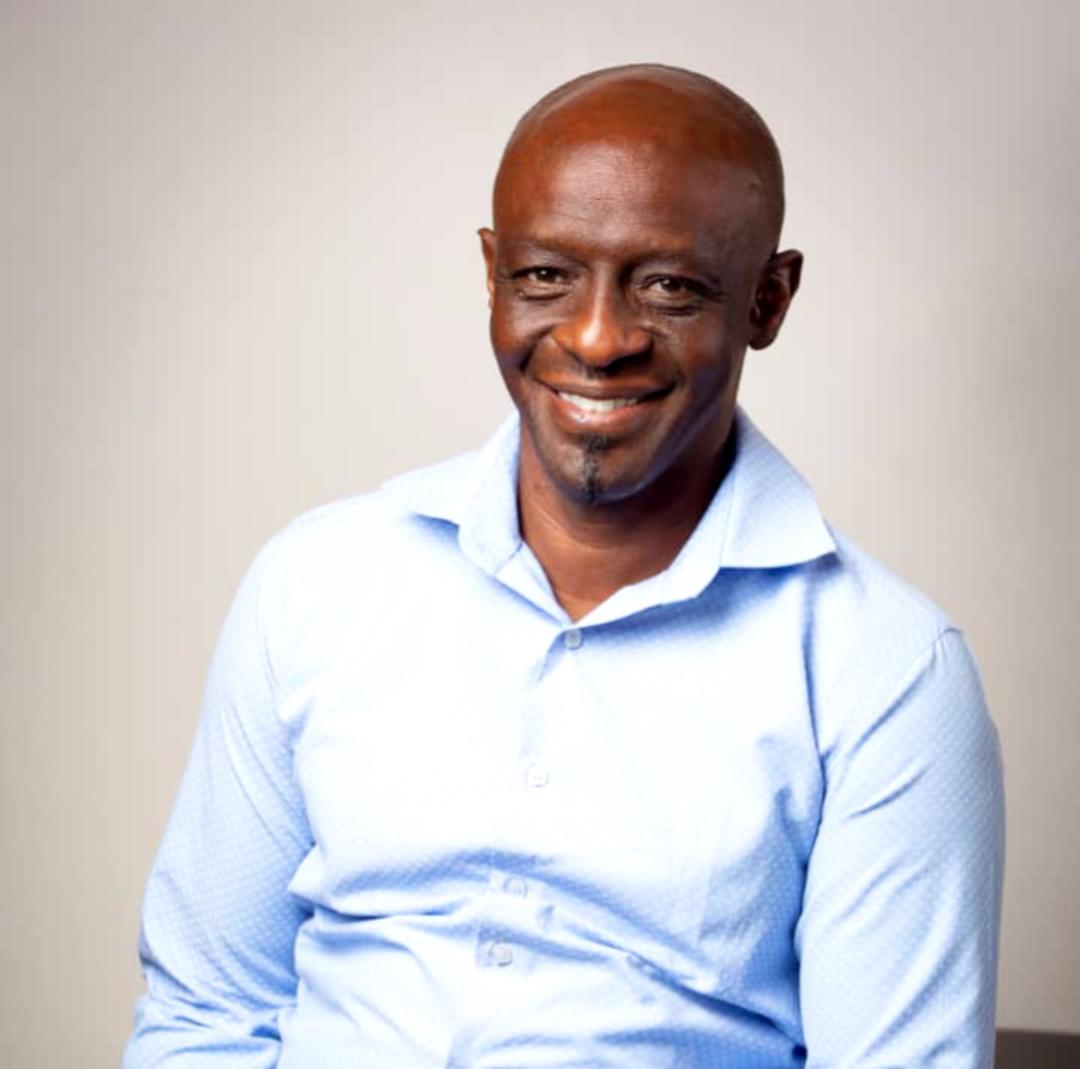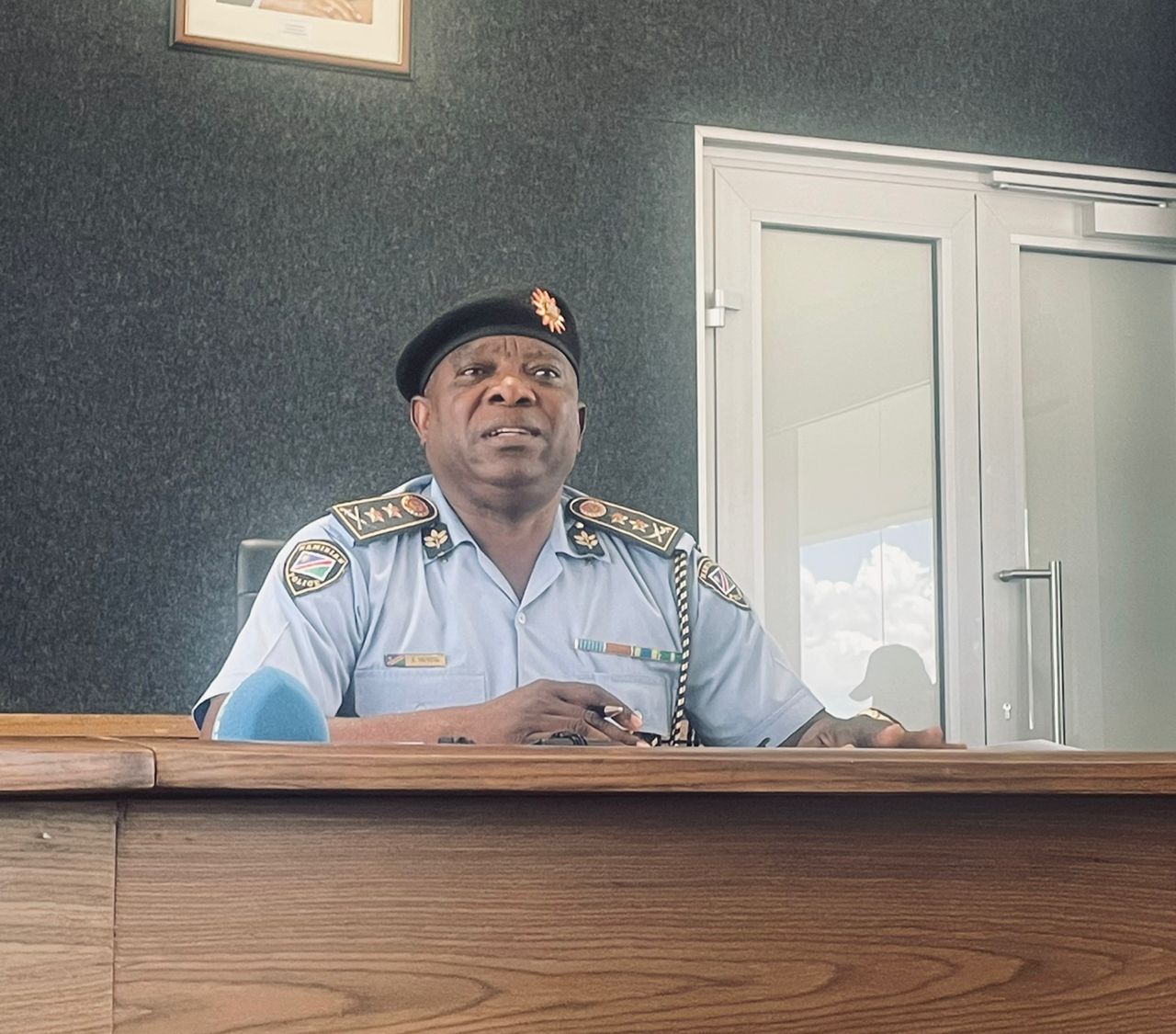Participants at the SADC Renewable Energy Entrepreneurship Support Facility workshop in Windhoek have described it as a beneficial eye-opener.
Dumisani Siwinda, an engineer from Malawi who is in the solar-powered irrigation systems industry, says he had learnt a lot on the management of people as a leader, advertising and branding.
“I have not been good in those areas and I hope I will improve to enhance my business,” says Siwinda, whose company employs 32 people permanently and about 70 on a contract basis.
He says renewable energy is the future in the SADC region and as an incentive to entrepreneurs, the Malawian government has forgone charging value added tax or import duty for solar energy components.
South African Nomfundo Nxazonke says the workshop was informative, as she had learnt about taking her business, Wakile Energy of Port Elizabeth, to the next level. Her business is involved in the installation of solar and wind energy systems and employs eight people.
Nxazonke says the main takeaways from the workshop are the importance of branding and marketing and the workshop highlighted the importance of understanding one’s target market.
Taatisolar Namibia’s Moira Kruse says the workshop was interesting and worthwhile.
“The training was of a high standard and the information disseminated was top rate,” she says, adding that networking with SADC peers was eye-opening and informative.
Kruse runs off-grid solar light systems, stand-alone home solar systems of 1 to 3 kilowatts, as well as solar refrigeration systems and employs eight people, including herself.
“Besides networking, the workshop strengthened our leadership skills,” she says, adding that the Solar Revolving Fund run by the Ministry of Mines and Energy has been helpful to her company.
The workshop, organised by the the International Renewable Energy Agency and the SADC Centre for Renewable Energy and Energy Efficiency, is hosted by the Harold Pupkewitz Graduate School of Business at Namibia University of Science and Technology.
A total of 11 entrepreneurs from different SADC countries took part in the workshop that ran from 20 to 23 May.
Harold Pupkewitz Graduate School spokesperson Wency Ndjitaviua says the participants were also set to visit a solar panel installation at Otjomuise.
According to programme coordinator Helena Shipanga, the workshop is a technical support and mentorship platform to enhance and strengthen the capacity of micro, small and medium entrepreneurs in assessing the business potential of sustainable energy, developing viable business plans and funding requests and managing and maintaining their businesses successfully.
“The entrepreneurs are skilled on areas of solar energy, biogas, engineering and other spheres and they are here to get more skills in digital marketing, for on-line presence and to learn strategic development of their businesses and enhance their leadership skills,” says Shipanga.
Ndjitaviua says the focus of the masterclass is to enhance soft skills, including communication, leadership, decision making and problem solving to enhance competitiveness and business practices for the participants drawn from Lesotho, Malawi, Namibia, South Africa, Tanzania, Zambia and Zimbabwe. Shipanga says the next session will focus on how to pitch ideas to investors, as the entrepreneurs face challenges of access to finance.
The SADC Renewable Energy Entrepreneurship Support Facility is being implemented in the 16 SADC member countries. – email: matthew@namibian.com.na
Stay informed with The Namibian – your source for credible journalism. Get in-depth reporting and opinions for
only N$85 a month. Invest in journalism, invest in democracy –
Subscribe Now!






